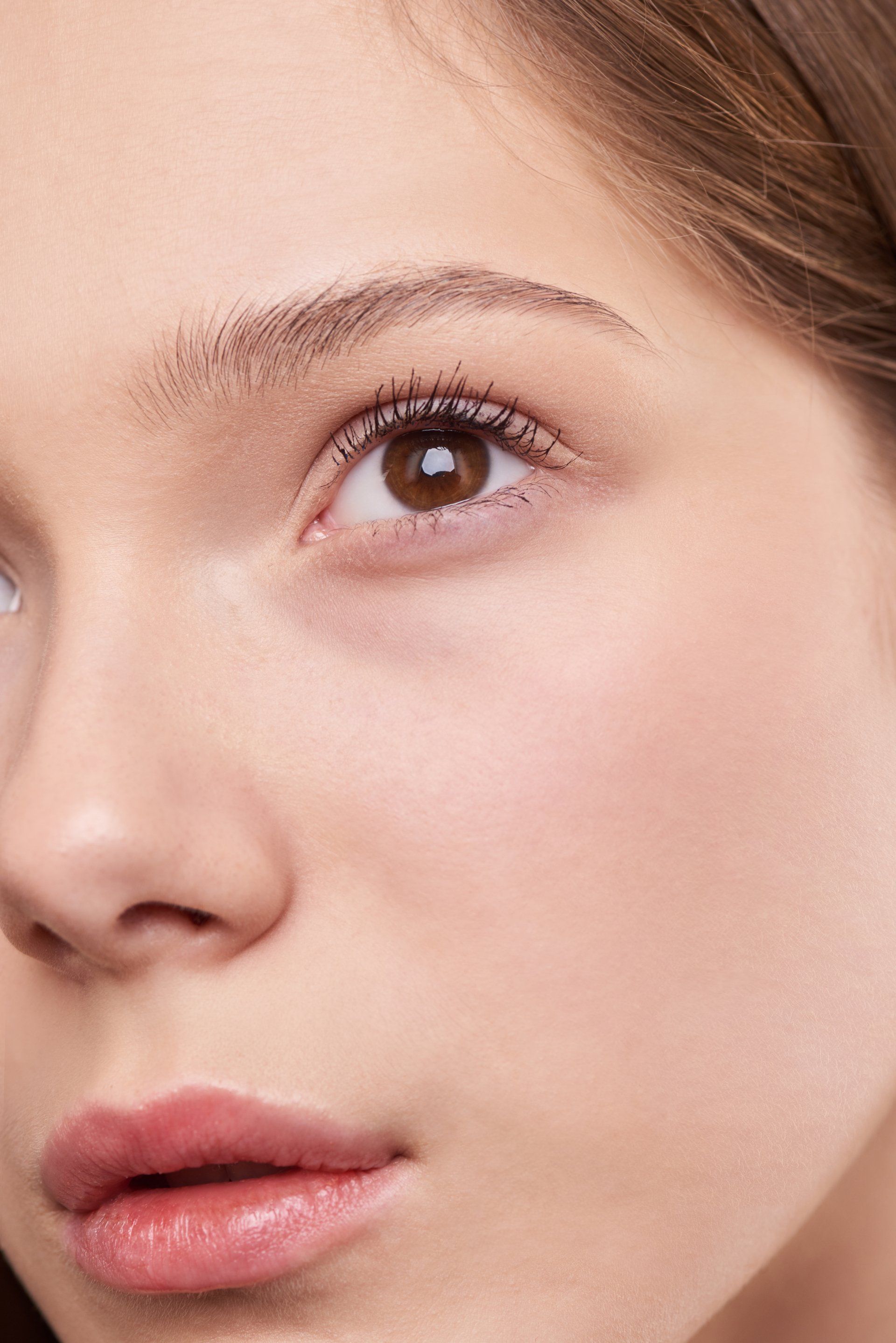Cellular Beauty - 6 Anti-ageing tips for your skin
How to get smooth and glowing skin

Cellular Beauty - 6 Anti-ageing Tips for your Skin
Beauty begins from within, at the cellular level. Your cells are either well-nourished or deprived of vital nutrients, impacting the condition and aging of your skin. Here are some essential tips to help you maintain healthy skin.
- Nourish your skin and body with antioxidants.
Antioxidants neutralize free radicals in the body. Free radical damage—caused by pollution, sun, stress, food, and many body processes—is the leading cause of premature aging, dark spots, dullness, and elasticity loss.
So where do you find antioxidants?
In berries, fruit, dark green vegetables, carrots, nuts, avocado and beans.
Vitamin C; supports the natural production of collagen.
Vitamin A or beta-carotene: Vitamin A is critical for skin repair and maintenance. Beta-carotene, a carotenoid and vitamin A precursor, helps to reduce free radical damage that occurs due to skin damage caused by sun exposure.
CoQ10: CoQ10 is a fat-soluble antioxidant coenzyme found throughout your body. Thanks to these targeted antioxidant actions at the level of skin cells, CoQ10 has been clinically shown to support skin elasticity and smoothness, while combating wrinkles.
2. Support your gut microbiome.
Your skin microbiome plays a huge role in our overall health. A weak skin microbiome has decreased ability to protect you from damage, infection and external aggressors. Available research suggests using skin-barrier protecting creams and products can help sustain healthy skin flora. I use CeraVe moisturisers. CeraVe - Boots
While it's vital to support your skin microbiome for optimal skin health, it's equally important to do so with your gut microbiome. There's something called the gut-skin axis, and it plays an important role in our overall skin health: It all comes down to the permeability of the lining of your gut. When your microflora isn't balanced, it can cause leaky gut, which allows particles to "leak" out and stimulate the immune system to produce an inflammatory response in the skin and body. It could be good to take a course of pro-biotics from time to time. BioCare Bio-Acidophilus Forte - 60 Vegicaps (bodykind.com)
3. Avoid inflammation triggers.
Inflammation wreaks havoc on the skin and can result in premature aging and other skin conditions. Inflammation is your body’s reaction to aggressors. Inflammation's purpose is to help heal and fight whatever is causing the irritation. The problem arises when your body doesn’t have a break from said inflammation, i.e., a prolonged state of oxidative stress. Chronic oxidative stress leads to cell damage and they are not able to to repair and rejuvenate themselves.
Consuming inflammation-causing foods sets off an internal response that results in a vicious cycle of cell-damage. While everyone's triggers are going to vary, there are a few common culprits like alcohol, red meat, foods with a high glycemic index, refined carbohydrates, ultra processed foods (UPF), sugars, fried foods, gluten, margarine, and whatever allergens you may experience individually. Additionally, things like pollution trigger free-radical damage in the body, setting off this response in skin cells. Also stress and lack-of-sleep can also result in an inflammatory response in the body.
4.Take care of your mental well-being and prioritize good sleep habits.
Sleep is the most critical time of the day for your body and skin to repair itself. This is because as your body enters the REM cycle, many different skin-supporting hormones are released, such as melatonin and HGH (human growth hormone). “Melatonin is critically important for your skin and plays a significant role in skin repair from environmental exposure, UV light, stressors, pollution, and so on," says hormone expert and board-certified dermatologist Keira Barr, M.D.. "If you're not resting, you're not generating that melatonin, and your skin isn't repairing itself."
Now, let’s say you’re not sleeping—this likely causes is stress and anxiety. Stress often causes sleepless nights. The stress hormone is called cortisol. Cortisol plays a significant role in our collagen and elastin production which we need to keep the skin supple and youthful. Cortisol breaks down collagen and elastin, so you'll then see accelerated fine lines and wrinkling. It also impairs repair.
If you suffer from insomnia, stress or anxiety, look for stress-management techniques such as yoga, movement, breathwork, and meditation
5. Stay hydrated.
Perhaps unsurprisingly, one of the best ways to support skin health is keeping hydrated. There is some truth to why those with the most beautiful, glowing skin almost always say that drinking lots of water is how they maintain the glow (and I am sure they generally have a healthy lifestyle too).
6. Consume healthy fats.
The right balance of omega-3 and omega-6 fatty acids is essential for skin health. It's been found to improve skin barrier function, inhibit UV-induced inflammation, and hyperpigmentation, help with dry skin, and accelerate skin wound healing.
Think of aging skin cells as slightly deflated balls. Omega 3 fatty acids support the walls of the cells, making them full and bouncy again. To get plenty of omega-3s eat flaxseeds, chia seeds, tofu, broccoli, avocado and walnuts (and oily fish if you are not a vegetarian).
What you consume and how you live your life will affect how your skin cell’s function. So, if you want that healthy glow you need to look at the cellular level.










